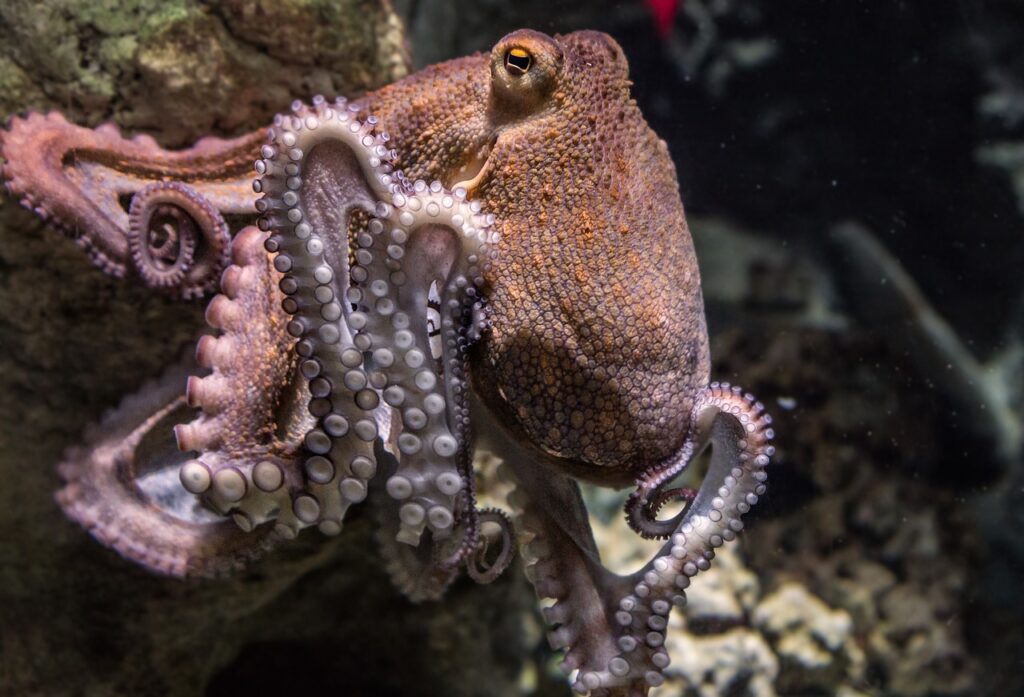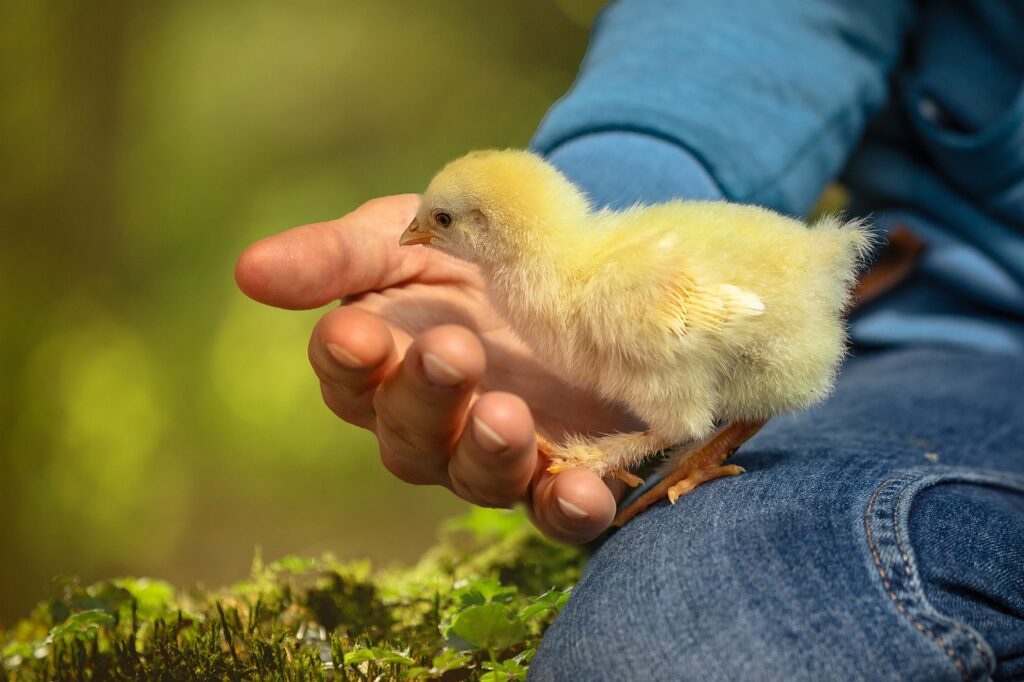It’s time to celebrate! Thanks to your support, Mercy For Animals has made incredible progress for animals around the globe in the past six months. Our recently released Gratitude Report shows the major milestones achieved from January through June 2024.
Here are some highlights:
Shutting Down a Slaughterhouse
A year and a half after a Mercy For Animals investigation into a Brazilian slaughterhouse revealed horrific suffering and conditions for cows, the regional prosecutor’s office determined that the slaughterhouse should be shut down. This case shows that investigations can bring slaughter lines to a halt and deliver justice for tormented farmed animals.
Leading the Way on Washington State’s Octopus Farming Ban


Along with local advocacy groups, Mercy For Animals moved legislators in Washington to pass the world’s first octopus-farming ban. This law is an opportunity to deter the industry and prohibit the practice before it starts in the United States. Hawaii and California are considering similar bans.
Transforming School Menus
Mercy For Animals partners with schools in Brazil to inspire kinder, healthier, and more sustainable food policies and train kitchen staff on ways to reduce meat, dairy, and eggs used by 20%. So far in 2024, we have continued active programs in five municipalities and worked toward implementation of one new commitment.


Our team trained 754 chefs, nutritionists, and other school staff members in plant-based cooking, and we supported them in replacing seven million animal-based meals with plant-based ones.
We expect this to spare many animals miserable lives at factory farms and usher in potential long-term benefits for students learning about plant-based eating at a young age.
Sparing Thousands of Male Chicks a Horrific Death
After several meetings with Mercy For Animals, U.S. egg producer Kipster announced plans to switch to in-ovo sexing. Typically, male chicks in the egg industry are killed shortly after hatching because they are of no use to the industry. In-ovo sexing avoids this killing by enabling producers to identify eggs holding male embryos and destroy the eggs before the embryos develop into sentient chicks.


Kipster worked with European company Respeggt to bring the technology to the United States and will implement the new policy in October.
Making Menus Significantly More Plant-Based


After months of dialogue, major hospitality-management company Guest Services Inc. pledged to make 40% of the entree options on their menus plant-based by 2028. The company also committed to reducing the amount of animal protein they purchase by 5% by 2027. Guest Services operates at more than 250 facilities and serves over 35 million guests annually.
Take Action
Eager for more? Read the full report here!
This year, we celebrate Mercy For Animals’ 25th anniversary. This monumental achievement would not have been possible without your support. You are shaping a brighter future for farmed animals.
